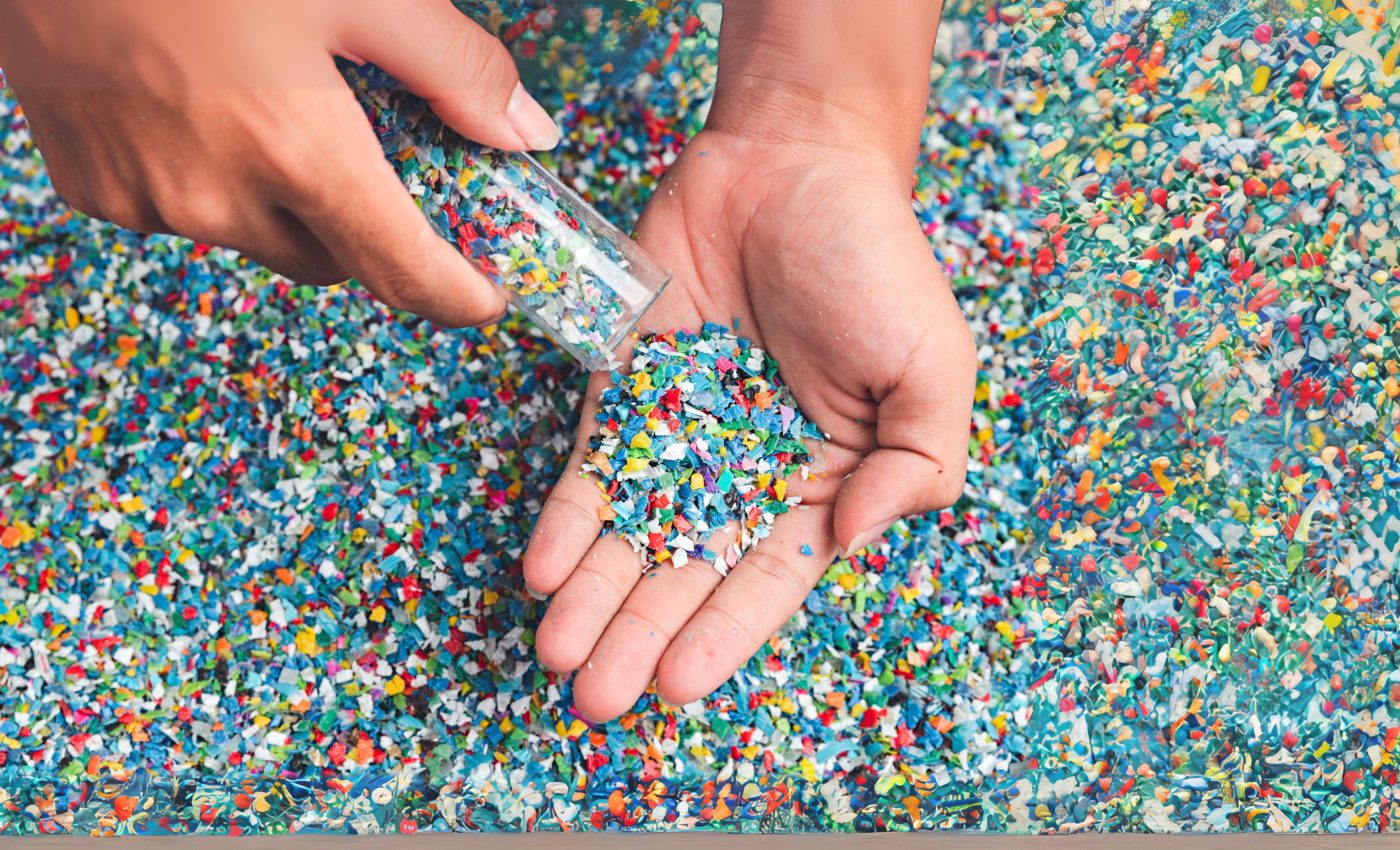
Plastic industry's 'advanced recycling' fails to deliver results
Plastic production and advanced recycling continue to expand – and so does the resulting waste. At the same time, public scrutiny of plastic manufacturers is intensifying, pressuring them to tackle the growing issues of recycling and pollution that reach from local landfills to distant coastlines.
Dr. Davis Allen, Senior Investigative Researcher at the Center for Climate Integrity, has drawn attention to how plastic producers are promoting a shiny new form of recycling.
Some petrochemical companies have been promoting “advanced recycling,” suggesting a quick fix for plastic waste that is piling up.
Advanced plastic recycling is not new
Bright ads and slogans claim that advanced recycling can handle heaps of plastic that are normally tough to recycle. They describe processes that apply heat or chemicals to transform old packaging or containers into something fresh.
The truth is that these chemical methods have been around since the 1970s, and have repeatedly run into major hurdles.
Critics in scientific and policy circles have noted that advanced recycling technologies aren’t handling plastic in a way that matches the hype.
One 2022 analysis from Reuters documented multiple plants that tried these methods but later failed, lagged, or never even started. A separate study from McKinsey & Company pointed out that these approaches are far from cost-effective, which hinders large-scale adoption.
Is advanced recycling a fraud?
“The concerns of industry critics are, in many cases, justified,” stated one consultant. Many of these advanced techniques rely on homogenous and almost pristine plastic feedstock, meaning the plastic has to be properly collected, sorted, and cleaned.
Sorting out mixed plastics or dealing with food residue raises processing costs that few companies can stomach in the long run. A substantial portion of the output is often siphoned off into fuel or wax rather than new plastic.
Experts from the National Renewable Energy Laboratory noted that pyrolysis and gasification systems frequently convert only a small fraction of incoming plastic into raw materials suitable for brand-new goods. This undercuts the notion of a true loop where one plastic item becomes the next with minimal waste.
Meaningful change has been stalled
Some producers claim their advanced recycling projects will reduce climate-warming emissions or clean up polluted communities.
However, an analysis by the environmental group GAIA found that many of these projects can emit harmful substances, especially when incineration steps are involved. Because of the high energy demands, the total emissions can be considerable, putting into question any broad statements about environmental gains.
Meanwhile, numerous municipal leaders note the lack of published data on real-world impacts. They worry that the promise of advanced recycling could stall more effective actions like designing simpler packaging or imposing better collection rules.
A 2023 Bain & Company report pointed out that focusing too much on chemical recycling might impede the development of robust mechanical recycling and packaging reduction efforts.
Can recycling create a circular economy?
Some industry advertisements refer to advanced recycling as a pathway to “circularity,” implying an endless cycle of reuse. This concept makes sense if the output can be churned back into new plastics.
But in many documented cases, the actual yield that goes into fresh plastic is tiny, with much of the carbon instead diverted into fuels or lost during processing.
Critics stress that a genuine circular economy would involve using fewer raw materials in the first place. They add that advanced recycling efforts only work if most plastic is already captured by mechanical recycling systems, which is not happening on a broad scale.
Without major improvements in collection and sorting, these fancy processes do little to rescue the billions of pounds of plastic that remain scattered across landfills, rivers, and oceans.
Advanced recycling: Big claims
Consumer and policymaker enthusiasm for a miracle cure is understandable. Plastic waste has turned into a headache for city budgets, wildlife habitats, and even our own bodies, as researchers keep finding microplastics in water and soil.
However, the industry’s faith in advanced recycling glosses over persistent technical and financial roadblocks.
Communities stuck with the cost of handling plastic waste deserve transparency. Many local leaders are asking if advanced recycling is just another sales pitch that shifts focus away from simpler solutions like reuse and reduction.
The tension between corporate narratives and actual advanced recycling outcomes highlights the need for more data, more scrutiny, and stronger oversight.
The future of plastic recycling
Some experts say chemical methods may have limited uses for specialized plastic streams. Others emphasize that mechanical processes can remain dominant in most local programs.
The synergy of better design, better collection, and more consumer awareness might do more to cut back plastic waste than a technology that still struggles with real-world implementation.
All of this leaves plenty for policymakers to tackle. Without tighter rules and public data disclosures, it becomes tricky to verify whether advanced recycling is living up to the promises displayed in glossy brochures.
Producers might well find success with certain plastic types, but pinning the entire future of waste management on these techniques appears shaky.
Grassroots advocates and local governments want more than half-baked claims. Indeed, multiple investigations continue to show that if plastic makers can’t deliver results at a commercial scale, advanced recycling risks becoming another hollow campaign that stifles meaningful change.
—–
Like what you read? Subscribe to our newsletter for engaging articles, exclusive content, and the latest updates.
Check us out on EarthSnap, a free app brought to you by Eric Ralls and Earth.com.
—–













